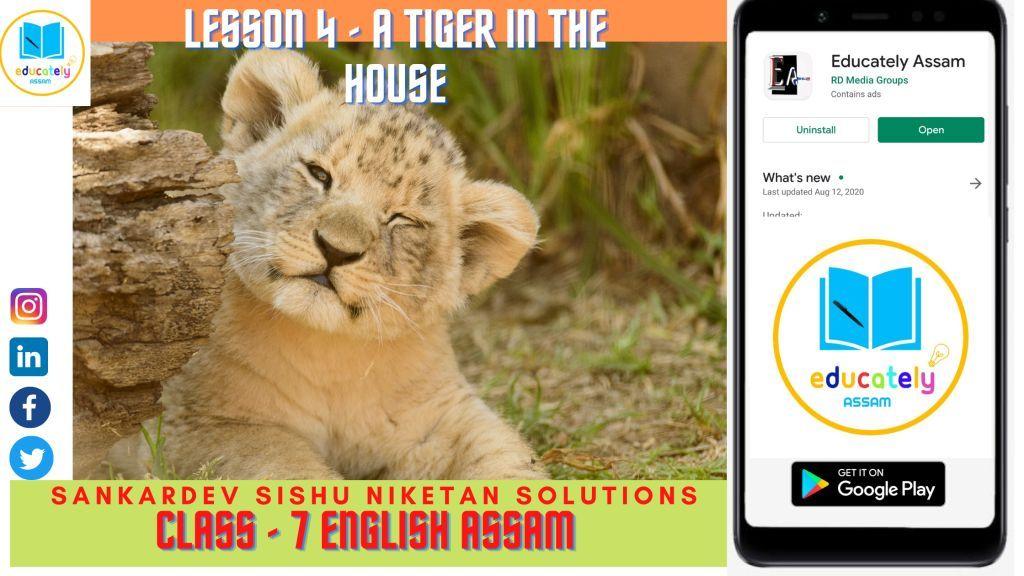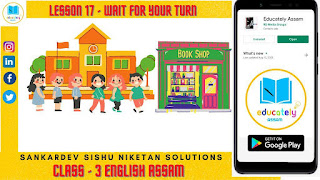Odisha Board Solutions for Class 8 English || A New Approach to English
Welcome little one to our educational website Theinfobell.com. Here we provide notes for all classes, board NCERT, SCERT including Board of Secondary Education, Odisha. In this post you will get Odisha Board Solutions for Class 8 English. We hope this will help the students of Odisha to excel in their Examination. Scroll down below to get all the lesson of Class 8 English Odisha board. Click the lesson name to access particular lesson.
 |
| Odisha Board Solutions for Class 8 English |
Odisha Board Solutions for Class 8 English
Odisha Board Class 8 English textbook helps in the development of listening and speaking skill of the students along with the skills of reading and writing. There are poem, rhymes and stories with very interesting mind-engaging activities.
There are eight lessons which comprises of five prose and three poems. Each lesson has three major sections. Pre-reading, while reading and post-reading.
There are in fact, sub-lessons of the main lessons. The sub lesson are simpler and shorter than the main lessons. In our website we have provided all the answers of comprehension questions, activity questions, MCQ, Vocabulary.
CONTENT
(PART I)
Brush Up Your English
01. Ali Made Impossible Possible
02. The Rainbow (Poem)
03. Mongoose
(PART II)
01. The Riddle Master
A Slave's Riddle
02. Accident Poem
Safety First
03. The Olympic Games
The Olympic Champion and the Ducks
TEST-1
04. The Mountain and The Squirrel (Poem)
05. The Lost Camel
Tips from the wise old woman
06. Music Helps Plants Grow
Jagdish Chandra Bose
07. Scarecrow (Poem)
Face Masks Fool the Bengal Tigers.
08. Biju Patnaik and His Dakotas
Ranapratap and his Chetak
For any suggestion, queries, feel free to contact us by filling the contact form given below.














